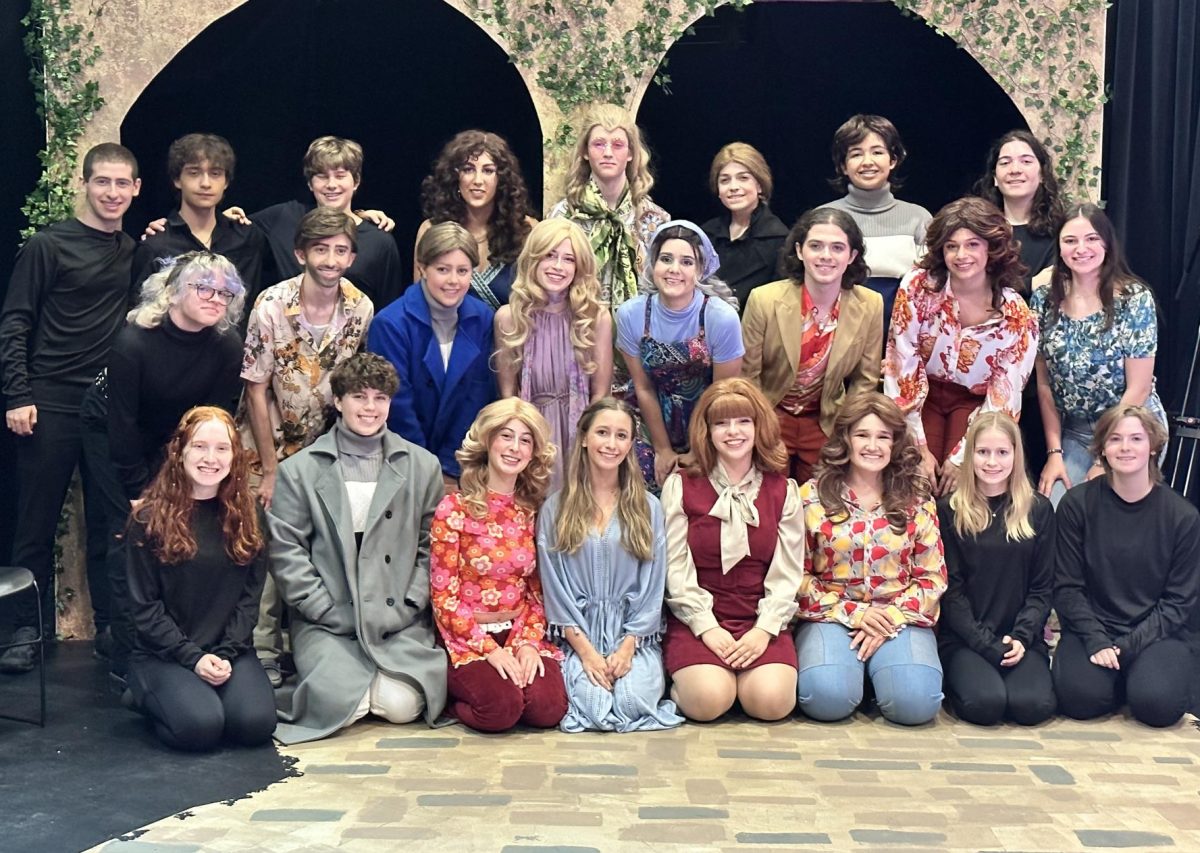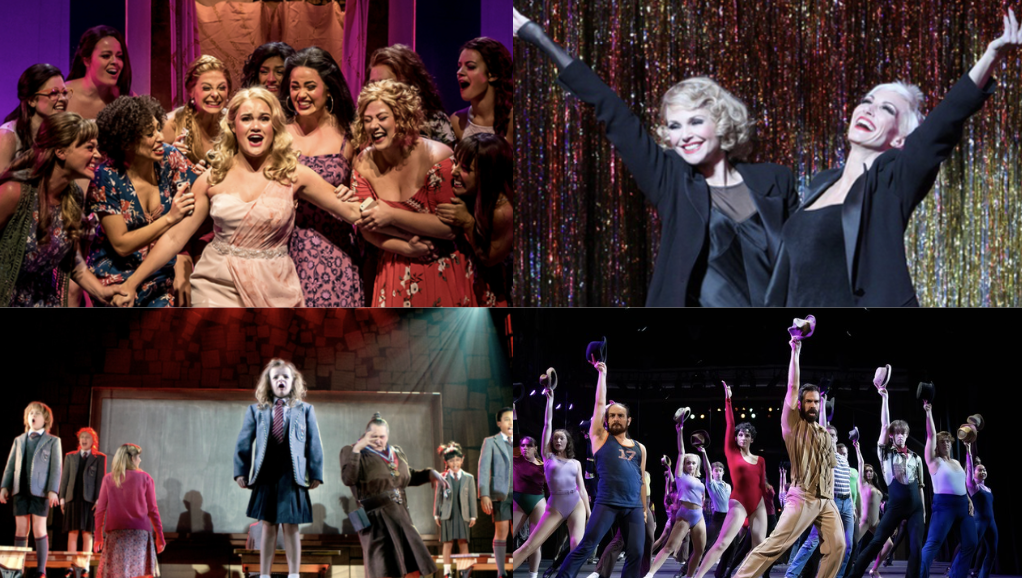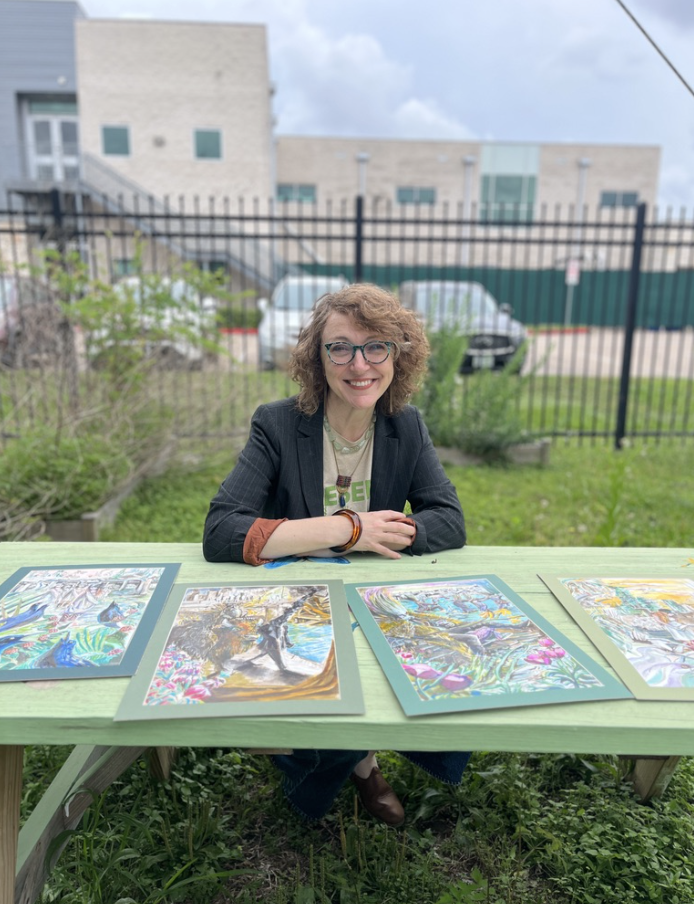The Emery/Weiner 2023 upper school fall play, Twelfth Night, closed its curtains on Oct. 22, leaving myself, and the rest of the cast and crew with confounding feelings of sadness, pride, and gratefulness.
Before the conclusion of any performance, director Jen Bauer-Conley tells her cast that “the beauty of theatre is that it is fleeting.” I have heard this saying many times throughout my past 18 EWS productions, but I have never felt it as hard as I did during my final bow of Twelfth Night.
Twelfth Night was my last Upper School play, as I am a senior, and the moment I stepped off the painted floor of the Blackbox, tears immediately flooded my eyes. I realized that I just put on my final EWS play, and there was truly no better one to be my last.
From the bond the cast and crew held to the joy of picking apart Shakespearean details, to the comedy that came from choices made on stage, there is no other word to describe what this process was but magical.
When we all first walked into the Blackbox for our first cast read-through nearly five months ago, the nervous energy was palpable. Nobody in the cast knew what to expect from the Shakespeare process, no one knew what the words meant, and we did not even really know each other.
We spent the first 15 hours of rehearsal time sitting in the Steiner Boardroom and parsing out every single detail of the text. At first, these conversations felt like a classic English discussion with basic literary comments and disinterest. However, within the first day, everyone budded in to speak and we got into passionate conversations and discussions about what Shakespeare meant when he wrote a specific word or phrase and asked important questions like “Why?” and “How?” Within an instant, we were all in love with the text, the characters, and the story.
Many people do not realize that Twelfth Night is one of the first pieces of literature that openly discusses ideas of queerness, identity, and compulsive heterosexuality. For example, Orsino, played by Ethan Canfield, falls in love with my character, Viola, who is dressed as a man named Cesario. Orsino knows he loves Cesario but is too overcome with compulsive heterosexuality to face it, so he instead masks his love in his desire for Olivia, played by Cortney Murray. This is just one example of the complexities within this text, complexities that gave the cast and I a sense of duty to tell this story authentically and to the best of our abilities.
This duty stemmed from the belief that everyone should be able to be themselves without second thoughts and that society should not dictate identity. Many productions of Twelfth Night blissfully avoided playing into the obvious queerness riddled throughout the text to avoid controversy and nuance. Instead, we leaned into all the queer elements of Twelfth Night, instead of pushing it away as many other productions chose to do. We understood that the rawness of what Shakespeare wrote can not be hidden behind heteronormativity. This duty and obligation fueled our performances on stage with desire and care, crafting every character from the ground up until they were whole people.
I have never felt a sense of pride like the one I felt after my final performance as Viola; my senior performance was truly one of unforgettable nature. The memories made and stories told from this show will last forever in my heart. I am not ready to say goodbye to Twelfth Night, but I am so grateful for what it was, and to everyone who jumped into the complicated world of Illyria alongside me.







